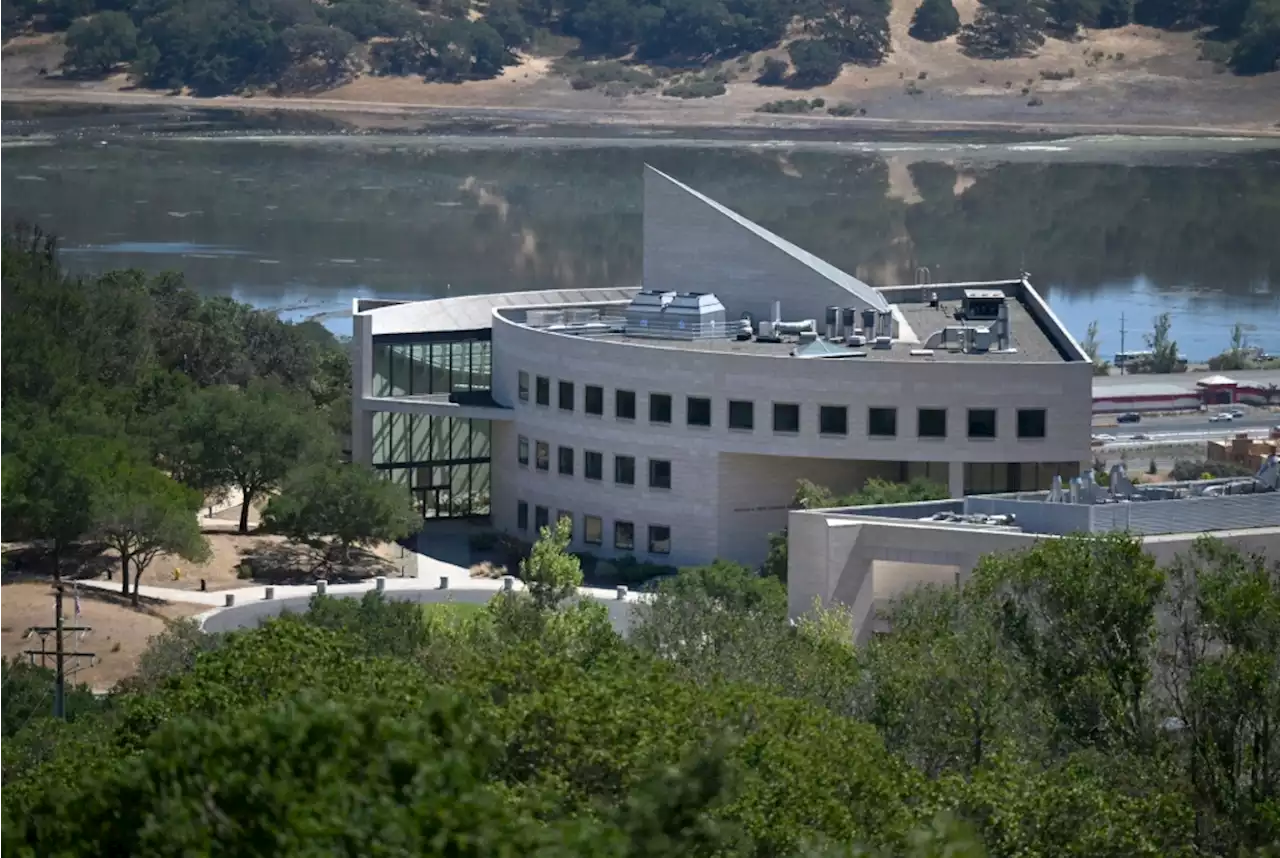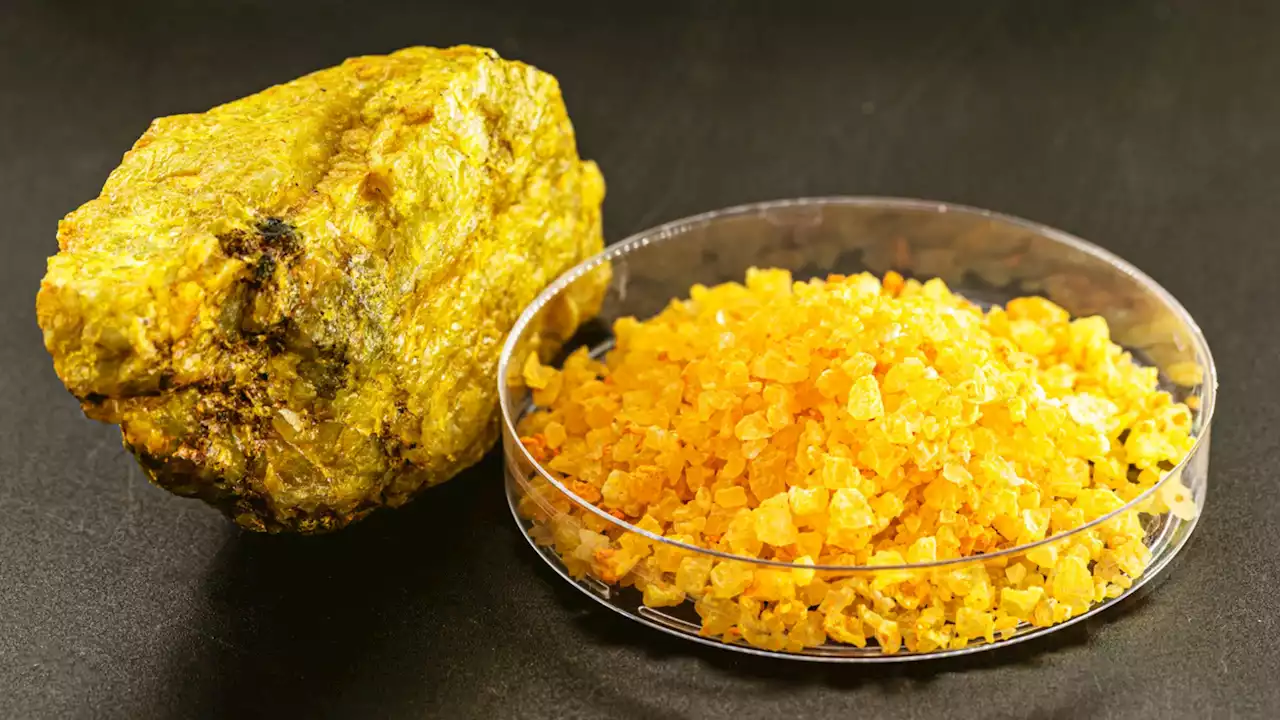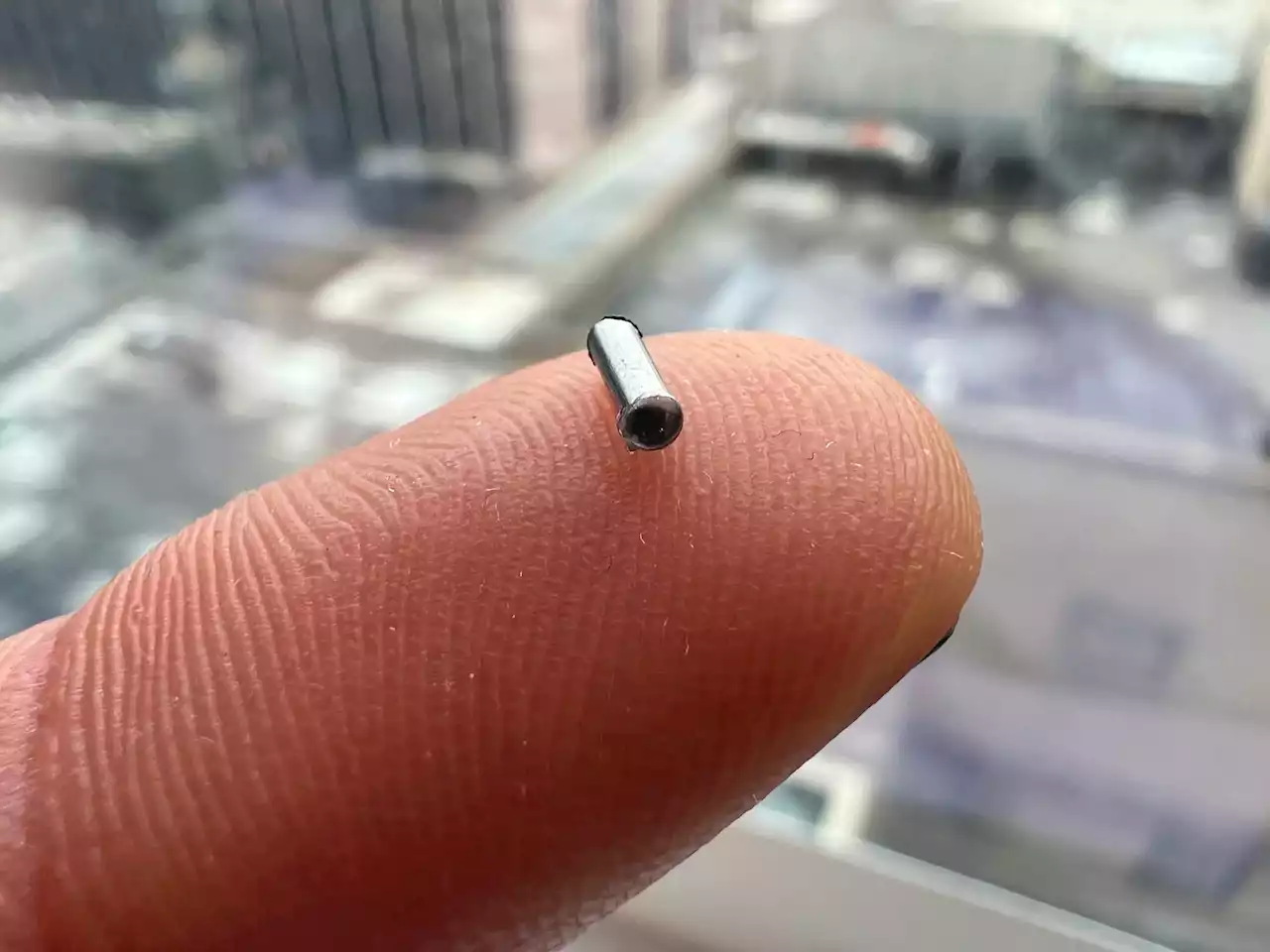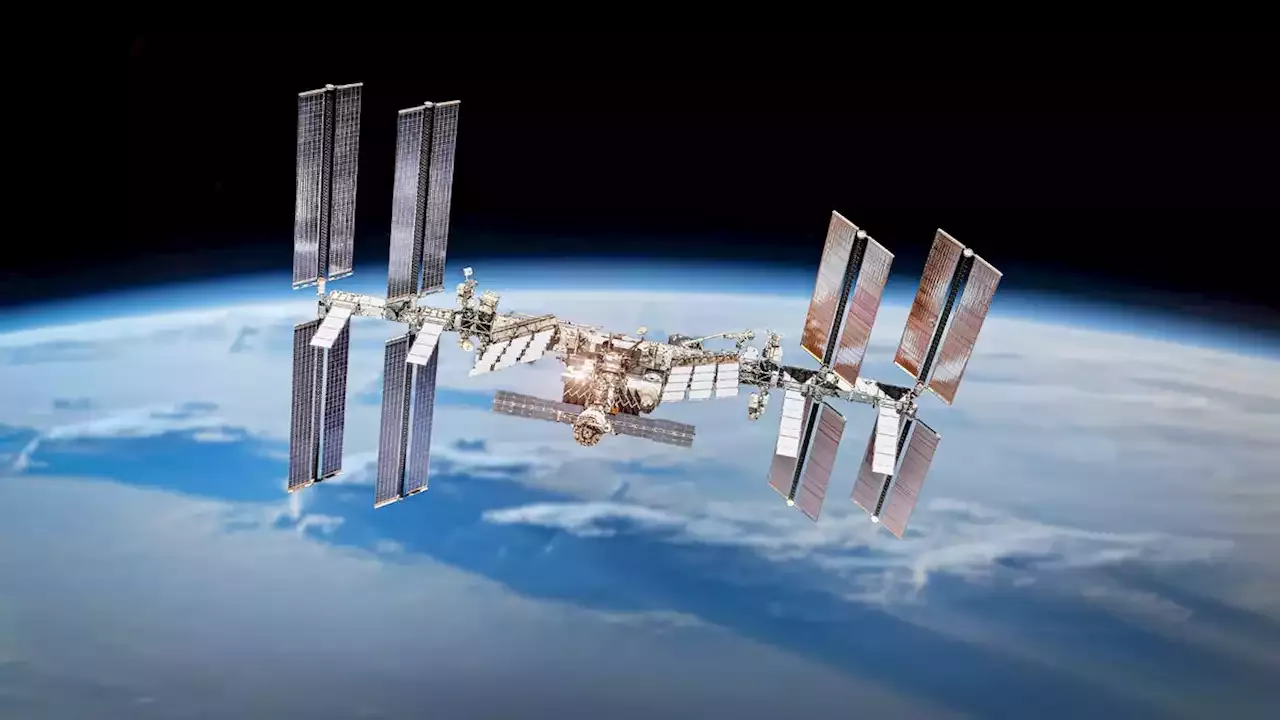Cedars-Sinai researchers are working with Axiom Space to test if stem cells can be easily produced and grown aboard the International Space Station.
Stem cells are often considered the building blocks of life. Soon after the embryo forms, these cells will start to divide and then mature, or differentiate, into every other cell and organ of the human body. As we age, they continue to replenish various types of cells, helping us heal from injury and illness. We’ve already learned how to extract and transplant certain stem cells to help people recover from conditions such as leukemia.
But scientists hope that the rejuvenating potential of stem cells will one day allow us to treat a large variety of health issues.For now, though, we’re still in the early stages of stem cell therapy, and there remain many hurdles toward making them a practical medical treatment. One of these hurdles is the resources it typically takes to grow a healthy and sizable batch of stem cells in the lab. But in recent years, some scientists have argued that space could help ease that particular problem.
México Últimas Noticias, México Titulares
Similar News:También puedes leer noticias similares a ésta que hemos recopilado de otras fuentes de noticias.
 Paladin Space pioneers tech to hoover dangerous space junk'Paladin Space's unique technology will create the world's first and most desirable solution for sustainable debris-removal. '
Paladin Space pioneers tech to hoover dangerous space junk'Paladin Space's unique technology will create the world's first and most desirable solution for sustainable debris-removal. '
Leer más »
 Scientists Discover New Property of Immune Cells – “Like Guided Missiles”Infants are given protection against bacteria that cause diseases. Researchers from The University of Texas Health Science Center at San Antonio (UT Health San Antonio) have uncovered that certain immune cells possess a homing property that guides them to the skin of the newborn to provide protecti
Scientists Discover New Property of Immune Cells – “Like Guided Missiles”Infants are given protection against bacteria that cause diseases. Researchers from The University of Texas Health Science Center at San Antonio (UT Health San Antonio) have uncovered that certain immune cells possess a homing property that guides them to the skin of the newborn to provide protecti
Leer más »
 Scientists fired from Marin’s Buck Institute win ruling on arbitrationThe researchers, who sued after they were terminated two years into a five-contract, allege management interference in their work and “anti-Chinese bias.”
Scientists fired from Marin’s Buck Institute win ruling on arbitrationThe researchers, who sued after they were terminated two years into a five-contract, allege management interference in their work and “anti-Chinese bias.”
Leer más »
 Scientists discover new type of uranium isotope with a half-life of 40 minutesScientists have discovered and synthesized a new isotope of highly radioactive uranium-241 with 149 neutrons, which may last only 40 minutes.
Scientists discover new type of uranium isotope with a half-life of 40 minutesScientists have discovered and synthesized a new isotope of highly radioactive uranium-241 with 149 neutrons, which may last only 40 minutes.
Leer más »
 Smaller Than a Grain of Rice – Scientists Use Tiny Implantable Device To Tame Pancreatic CancerScientists use intratumoral immunotherapy to tame pancreatic cancer. Houston Methodist nanomedicine researchers have discovered a method to control pancreatic cancer, a highly aggressive and challenging form of the disease, by administering immunotherapy directly to the tumor using a device smaller
Smaller Than a Grain of Rice – Scientists Use Tiny Implantable Device To Tame Pancreatic CancerScientists use intratumoral immunotherapy to tame pancreatic cancer. Houston Methodist nanomedicine researchers have discovered a method to control pancreatic cancer, a highly aggressive and challenging form of the disease, by administering immunotherapy directly to the tumor using a device smaller
Leer más »
